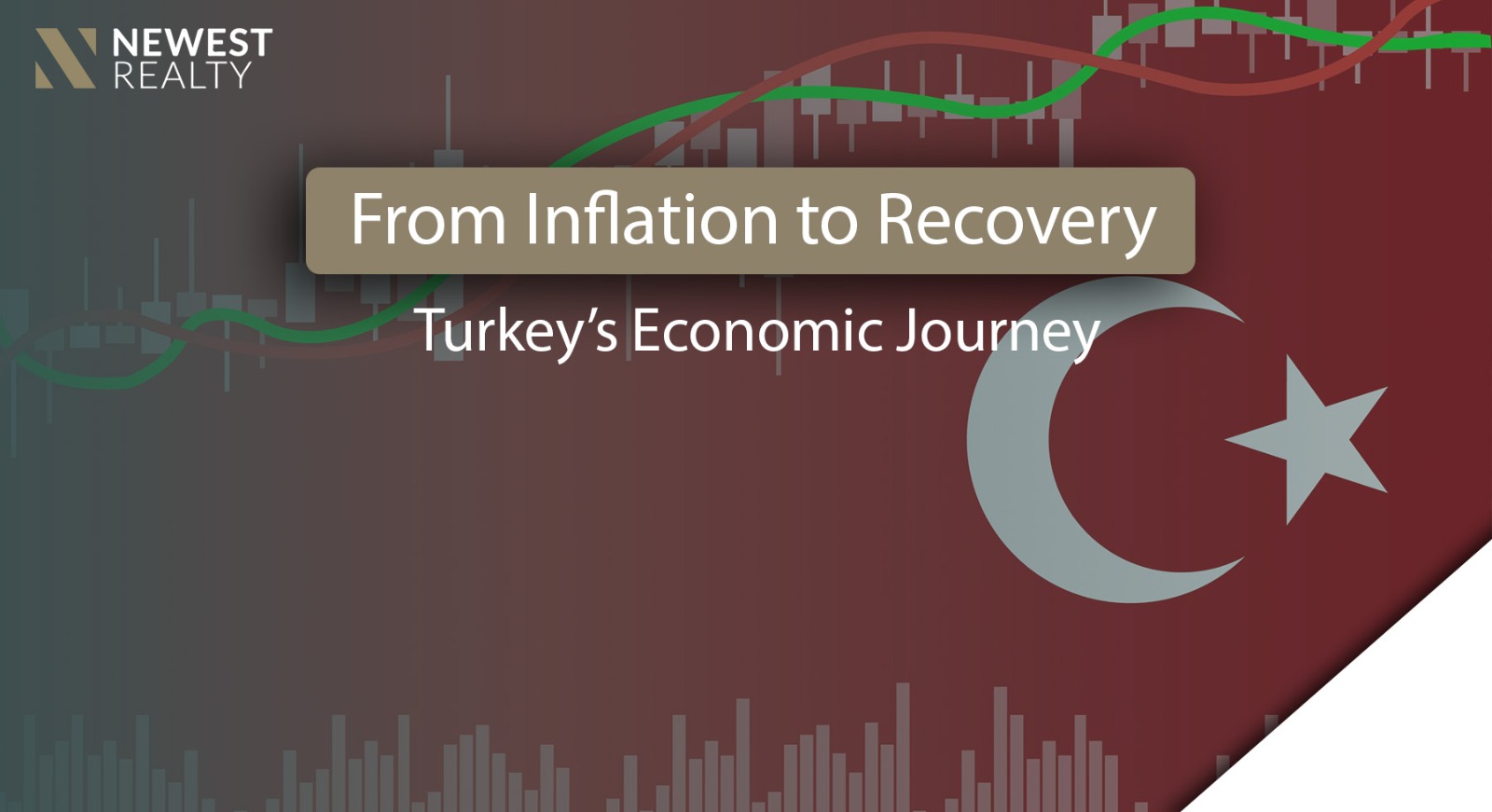From Inflation to Recovery: Turkey’s Economic Journey
The Turkish economy is currently navigating a delicate phase, teetering between hopes of prosperity and fears of recession. With interest rates raised to 46% and inflation nearing 50%, the market is experiencing a noticeable slowdown. Many individuals prefer to freeze their assets in banks or convert them into foreign currencies and gold, rather than invest in new projects.
Current Challenges
- Rising Prices: The cost of housing, goods, and services has surged significantly in recent years. For instance, the monthly rent for an apartment that ranged between $200 and $300 seven years ago now exceeds $800.
- Higher Taxes: Tax hikes have affected most sectors, including taxes on taxes, increasing the cost of living and eroding the purchasing power of citizens and investors.
- Investment Contraction: There is a declining appetite for establishing new businesses or projects, both among local and foreign investors.
Reform Plans
Despite these challenges, the Turkish government is implementing a corrective plan based on three main pillars:
- Gradual Interest Rate Reduction: This aims to revive economic activity after a period of monetary tightening that slowed down several sectors in an effort to curb inflation.
- Easing the Tax Burden: Taxes are expected to be gradually reduced starting mid-2025 through 2026, lowering transportation and production costs and consequently reducing prices.
- Constitutional Amendments: These focus on improving the investment climate and attracting global companies seeking more flexible tax systems and labor laws. This could transform Turkey into a regional industrial and distribution hub, especially for global automotive manufacturers.
External Factors
The recent earthquake disaster imposed a massive financial burden on the state, with reconstruction costs exceeding $80 billion to restore infrastructure and housing. This has temporarily driven higher taxes and interest rates to finance the recovery process.
Future Outlook
By the end of 2026, with the completion of reforms and reductions in interest rates and taxes, the Turkish economy is expected to witness a noticeable recovery, alongside improvements in the investment climate and price stability. However, all projections remain subject to regional and global economic and political developments.


